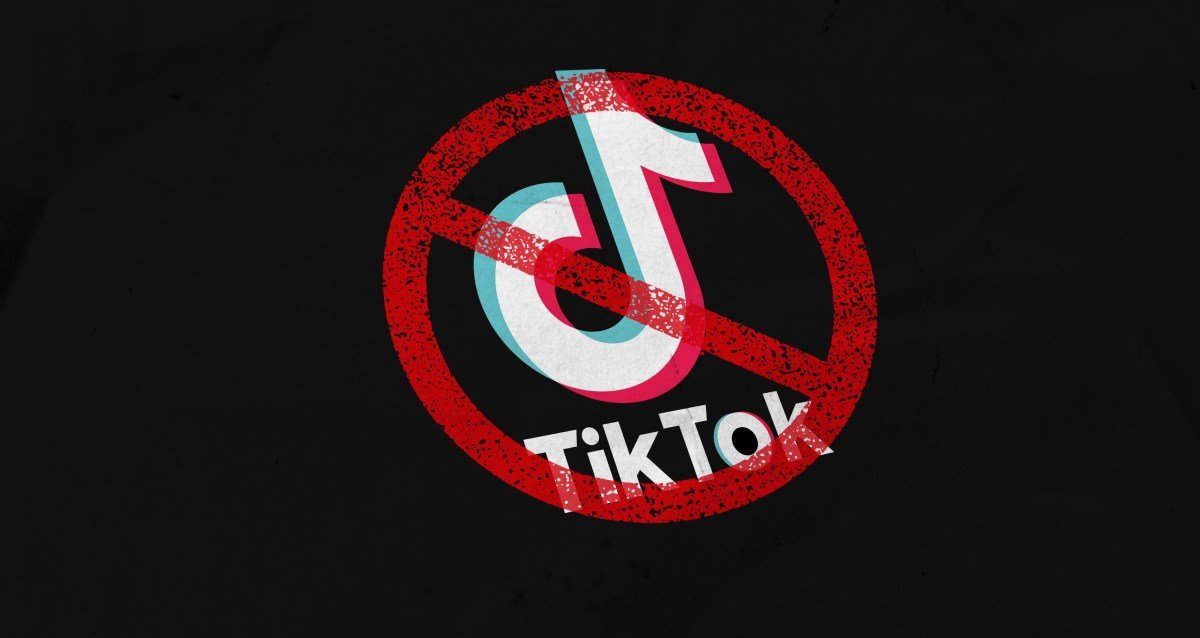TikTok Ban: The Latest on the Push to Remove Chinese Ownership
TikTok faces an uncertain future in the United States as Congress debates a new bill that would force the popular app to separate from its Chinese parent company.
The proposed bill, which passed unanimously out of its committee last week, has sparked a flurry of activity in the House of Representatives.
The app is owned by Chinese tech giant ByteDance, and concerns have been raised by U.S. officials that its ties to China could be used to further the interests of a foreign adversary.
The House’s Actions
This week, the House Energy and Commerce Committee unveiled a new bill aimed at pressuring ByteDance to sell TikTok.
The Protecting Americans from Foreign Adversary Controlled Applications Act prohibits the distribution of software with ties to U.S. adversaries, including those with ownership based in adversary countries.
The bill explicitly names TikTok and states that it would be illegal for the app to be distributed on platforms like Apple’s App Store and Google Play in the U.S. if the bill becomes law.
This bill, which many view as a ban, gives ByteDance six months to sell TikTok in order for the app to continue operating in the U.S. It also gives the president oversight in the sale to ensure that the company is no longer controlled by a foreign adversary.
In response to the bill’s swift progress in Congress, TikTok sent a mass in-app message to its U.S. users urging them to contact their representatives and speak out against the bill.
“Speak up now – before your government strips 170 million Americans of their Constitutional right to free expression,” the message read.
Despite TikTok’s attempt to rally its users, the bill passed with a 50-0 vote in the House Energy and Commerce Committee. It is now expected to go to a full vote in the House next week.
Prior to the committee vote, members received a classified briefing from the FBI, Justice Department, and Office of the Director of National Intelligence at the request of the Biden administration.
President Biden’s Support
In addition to the committee vote, President Biden has stated that he would sign the bill if it reaches his desk.
When asked by reporters, he replied
“If they pass it, I’ll sign it.”
But why is the U.S. government targeting TikTok in the first place?
The Threat of China
Despite no public evidence supporting the claim, U.S. officials allege that TikTok’s Chinese ownership could be a threat to national security.
FBI director Chris Wray has warned that there may not be “outward signs” if China were to meddle with TikTok, stating, “The difference between the private sector and the public sector…is nonexistent in the way the CCP [Chinese Communist Party] operates.”
However, TikTok’s CEO Shou Zi Chew has vehemently denied these accusations. “Let me state this unequivocally: ByteDance is not an agent of China or any other country,” he said in a hearing with the House Energy and Commerce Committee.
Some argue that even if China wanted to access user data, they could easily obtain it through data brokers. Without concrete evidence to support their accusations, many view the U.S. government’s actions as political posturing and even racism.
The Path Forward
The pressure to force ByteDance to sell TikTok began with an executive order in the Trump administration. Despite a planned acquisition by Oracle, the effort failed and fizzled out when Biden took office.
Now, with the backing of the Biden administration, Congress is once again attempting to regulate TikTok and force a sale.
But even if the bill passes in the House, it still faces challenges in the Senate. And with 170 million U.S. users, the app’s popularity and cultural impact cannot be ignored.
TikTok is prepared to fight the bill, stating:
“The government is attempting to strip 170 million Americans of their Constitutional right to free expression.”
As the battle between the U.S. government and TikTok continues, the app’s massive user base and network of creators hold significant power in the outcome.








